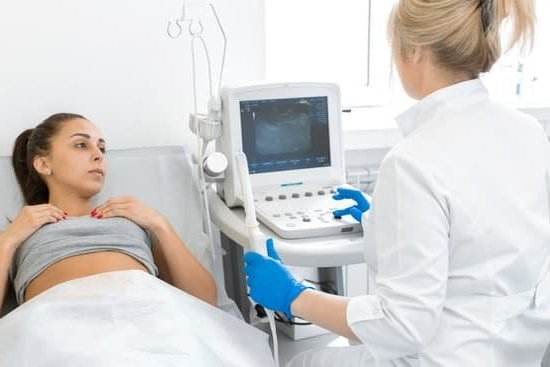The fertility awareness method is a way to track your fertility by tracking your menstrual cycle and changes in your body temperature. This method is 98% effective when used correctly. There are three ways to track your fertility using the fertility awareness method: cervical mucus, basal body temperature, and calendar tracking.
Cervical mucus is the most common way to track fertility. You can track the amount and type of cervical mucus you have throughout your menstrual cycle. The amount of cervical mucus increases as you get closer to ovulation. The most fertile cervical mucus is clear, thin, and stretchy.
Basal body temperature is another way to track fertility. You can track your basal body temperature by taking your temperature each morning before getting out of bed. Your basal body temperature increases slightly after you ovulate.
Calendar tracking is the third way to track fertility. You can track your menstrual cycle by counting the days between your periods. You can also track your ovulation by counting the number of days from the first day of your period to the day before your next period. You are most likely to ovulate 14 days before your next period.
Beverly Hills Fertility Clinic
is a state-of-the-art fertility clinic in the heart of Beverly Hills. We offer a full range of fertility services, from basic fertility treatments to the most advanced in vitro fertilization (IVF) procedures. Our world-class physicians and embryologists have years of experience in helping couples conceive.
Our clinic is equipped with the latest technology, including advanced fertility monitors, 3D ultrasound machines, and an advanced laboratory. We also offer a wide range of fertility treatments, including:
– IVF
– ICSI
– Egg donation
– Embryo donation
– Sperm donation
– Fertility preservation
– Gestational surrogacy
– Preimplantation genetic diagnosis (PGD)
– Intrauterine insemination (IUI)
We understand that infertility can be a difficult and emotional experience, and we are here to help. Our goal is to help you conceive a healthy baby and have the family you always wanted. Contact us today to schedule a consultation.
Period Calculator Fertility
Tracker
Ovulation Calculator
There are a number of apps and websites that offer period calculators or fertility trackers. While some of these are simple and straightforward, others are more detailed and professional.
One of the most popular fertility trackers is the Ovulation Calculator from BabyCenter. This website offers a free online tool that helps you track your ovulation and fertility. The Ovulation Calculator asks for your cycle length, last period date, and average cycle length. It then calculates your estimated ovulation date and provides information on your fertility window.
Another popular fertility tracker is the Period Calculator from Period Tracker. This app is available for free on iOS and Android devices. The Period Calculator asks for your last period date and average cycle length. It then calculates your estimated period date and provides information on your fertility window.
Both the Ovulation Calculator and the Period Calculator are simple and easy to use. They provide detailed information on your estimated ovulation and period dates, as well as your fertility window.
Prescription Fertility Pills
There are prescription fertility pills that are available to help couples conceive. These pills work by stimulating the ovaries to produce more eggs. They also help to keep the lining of the uterus thick, which helps to support a pregnancy.
There are a few different types of prescription fertility pills available. The most common type is called clomiphene citrate, or Clomid. This pill is taken for five days at the beginning of your menstrual cycle. Another type of prescription fertility pill is called gonadotropin, or Follistim. This pill is taken as an injection.
If you are considering taking prescription fertility pills, be sure to talk to your doctor about the risks and benefits. These pills can sometimes cause side effects, such as nausea, breast tenderness, and headaches.
Alcoholism And Fertility
There is a growing body of research that suggests that there is a link between alcoholism and fertility. Studies have shown that women who are heavy drinkers are more likely to experience fertility problems than women who do not drink alcohol. In men, alcohol consumption has been linked with decreased sperm count and poor sperm quality.
There are a number of ways that alcohol can affect fertility. For women, alcohol can interfere with the production of hormones necessary for ovulation. It can also cause damage to the ovaries and the fallopian tubes. In men, alcohol can damage the sperm cells and interfere with their ability to swim.
If you are trying to conceive and you are a heavy drinker, you may want to consider cutting back on your alcohol consumption. If you are unable to reduce your drinking on your own, you may want to consider seeking help from a therapist or counselor.

Welcome to my fertility blog. This is a space where I will be sharing my experiences as I navigate through the world of fertility treatments, as well as provide information and resources about fertility and pregnancy.





